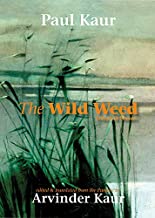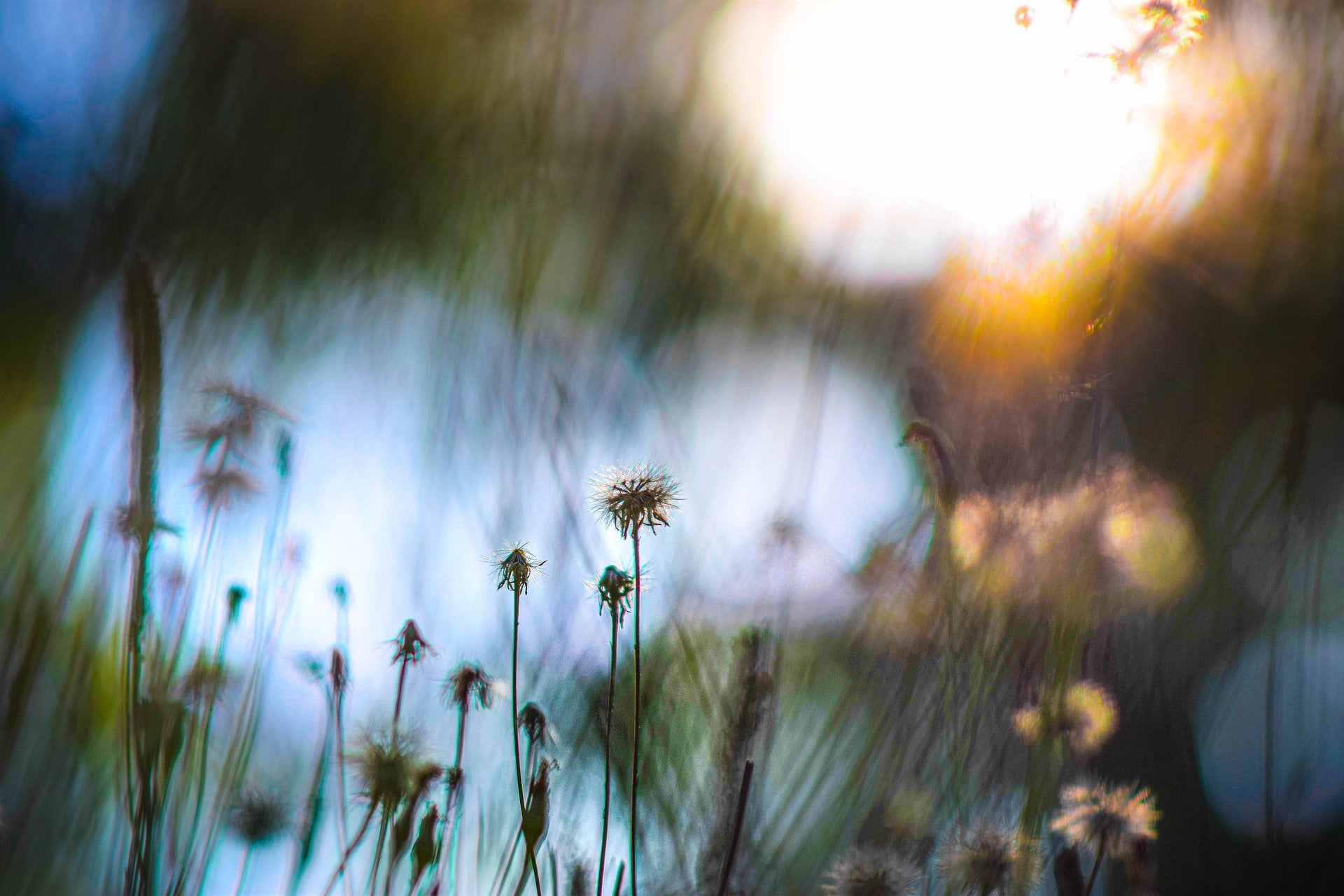In her very perceptive Introduction to Paul Kaur’s verse, Nirupama Dutt makes, among other significant observations, a point that I cannot help returning to, again and again. Dutt writes,
“The power of Paul’s poetry in her journey from the personal to the overtly political, as in the past few years, is that she has never tried to write like a man. It is a woman’s vision and the objects that surround her that makes her able to express herself with a rare ease and make a worthy point.”
Dutt’s statements are borne out by every single poem in this thoroughly pathbreaking collection that offers a unique perspective into female identity, accomplishment, emotion, resolve, honesty, philosophical acuity and sheer power. These 65 poems in The Wild Weed have been edited and translated from the original Punjabi by Arvinder Kaur with such skill, emotive intimacy and poetic empathy that reincarnating into the form of the target language, they hardly read like translations. There is no fuzziness, no uncertainty, no brittleness or lack of lustre. As soon as one is touched by the book’s gracefulness, the knowledge that these verses were reborn in another language is conveniently and completely forgotten. The reader swims through the collection with complete confidence and fulfilment, grateful that no meaning has been lost.
In a poem titled ‘Love’, Paul Kaur transcends narrow notions of amorous love to envisage it as a profound emotion directed to the self as also to the world that it permeates and inhabits. And yet, the poet’s love is not of the airy spiritual kind that has no transaction with the materiality of the body. Her distinctive brand of love responds robustly and sensitively to both the senses and the spirit and stands powerfully poised, embracing both:
“…I am a born lover
filled with love to the brim
a glance, a touch, a moment
is just an alibi
to delve deep within
where I flow like a stream
or sometimes like a river
where I wander like a cloud
or be the ocean.
Yes, the ocean.”
On the face of authentic and overwhelming writing like this, one is tempted to interrogate what it means to write like a woman. Is writing by women primarily sentimental and emotive? Does writing like a woman always involve radical, subversive and feminist writing? Is professing to write like a woman an essentialisation of womanhood?
The questions are many but the answer, to be honest, would be a broad one – to write like a woman is to consciously summon one’s gendered sense of being a woman to one’s thinking and writing in the world in the exact way that one summons one’s national, linguistic, historical, sexual or cultural identity to one’s writing. This gender identity-consciousness is not exclusive and is likely to coexist with other identity-consciousnesses. But it will always be there.

The Wild Weed
Paul Kaur/Edited and translated from Punjabi by Arvinder Kaur
Red River, 2021
T.S. Eliot, commenting on the admirable poetry of Marianne Moore in the 1930s, concluded his essay on her with one “final and magnificent compliment”, namely, “one never forgets that it is written by a woman… but one never thinks of this particularly as anything but a positive virtue.” In an infamous interview at the Royal Geographic Society in 2011, V.S. Naipaul said, in denigration of women writers, that, “I read a piece of writing and within a paragraph or two I know whether it is by a woman or not.”
For a woman who chooses to write like a woman, this, I would say, is the highest praise and in Paul Kaur’s poetry, it comes across in its staggering diversity and plenitude of theme, language and image.
Her metaphors, one notes, are disarmingly simple and bafflingly profound. In ‘Relationships’, she compares relationships to new clothes (‘a new suit’) whose magic lasts only as long as they are not worn. In ‘On Wearing Sandals’, sandals become a metaphor for habit, for a way of life that though not always desirable or convenient, is comfortable.
In ‘Bonsai’, the bonsai establishes itself as a metaphor for a diminished modernist way of life against the magnanimity of an old agrarian lifestyle. In ‘Within My Self’, rage and agony are described as “weaponry” for an insecure self, to be abandoned on the route to maturity. An open door becomes a metaphor for acceptance of life in the poem ‘Life’. In ‘Don’t Envision a Home’, home is symbolic of both warmth and bondage.
The subject of Paul Kaur’s poetry is the poet herself. Or rather, the poetic self that sees the world as an extension of its own inner being. The entire collection, one observes, is an intense and sustained philosophical conversation with the self. Here are multiple voices – curious, humorous, pensive, nostalgic, rapturous, despondent and satiric – but the dominant tone of the collection is that of the reflective, the meditative and the reassuringly tranquil.
Several poems here are passionately political in their spirited questioning of a consistent State politics of discrimination and othering but the poet’s faith in love and humanity remains invincible. “…We now/ refuse to be measured/ and weighed,” she writes in ‘Proofs’. In ‘The Life of a Question Mark’, she insists that, “The no man’s land/ is not to consolidate/ your position of assault/but a place to untie the knots/to undo the burdens.” In ‘This Country is Mine Too’, she evocatively conjures the shared linguistic, literary, cultural and emotional heritage of India and Pakistan.
“… Paul is Every Woman,” writes Arvinder Kaur in her translator’s note. This statement, as readers of The Wild Weed will discover, is not exaggeration. Like a wild weed, her determination takes birth incessantly, searching, as Sukrita Paul Kumar points out, “for her own original”.
Paul Kaur’s literary accomplishments in Punjabi are well-known. One looks forward to her memorable introduction to the English-speaking world.
Basudhara Roy teaches English at Karim City College affiliated to Kolhan University, Chaibasa. She is the author of two collections of poems, Moon in My Teacup (Writers Workshop, 2019) and Stitching a Home (Red River, 2021). Her latest work is featured/upcoming in Madras Courier, Lucy Writers’ Platform, Berfrois, The Helter Skelter Anthology, Yearbook of Indian English Poetry 2020-21, and The Aleph Review among others. She loves, rebels, writes and reviews from Jamshedpur, Jharkhand, India.
Featured image: Dmitry Bukhantsov/Unsplash

